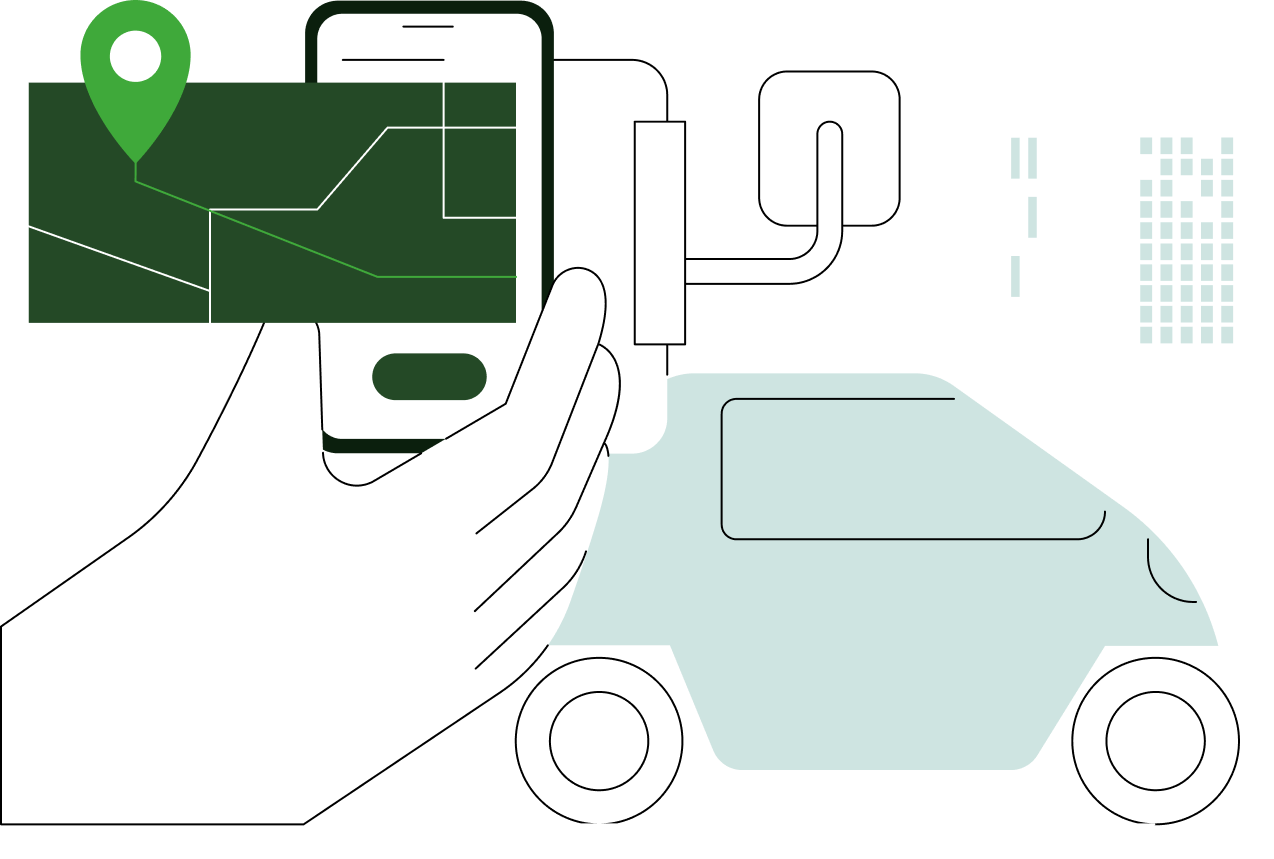No fluff. Just clarity.
Frustrated by inefficient scheduling and missed opportunities to provide care? Did you know that healthcare no-shows cost the United States about $150 billion each year? Artificial Intelligence appointment scheduling can help reduce no-shows by up to 30%, optimize resources, and enhance patient satisfaction.
In this blog, we explore how Artificial Intelligence is transforming healthcare scheduling, highlighting its benefits and the challenges that come with it.
Key Takeaways
- Fewer No-Shows: AI ensures appointments are confirmed, reducing no-shows by up to 30%.
- Improved Patient Experience: AI reduces wait times by up to 80%, providing quicker access to care.
- Optimized Resources: AI reduces administrative workload by up to 50%, optimizing schedules for better patient care.
- 24/7 Accessibility: Patients can book or change appointments anytime, with multiple language support for better accessibility.
- Real-Time Scheduling: AI adjusts schedules dynamically, filling canceled slots and reducing wasted time.
AI appointment scheduling can help improve healthcare efficiency by semi-automating schedules, ensuring healthcare providers' time is used effectively and patients receive timely care without frustration.
A. Fewer Missed Appointments
No-shows are costly, but Artificial Intelligence scheduling reduces these by up to 30%
Artificial Intelligence can analyze past no-shows, send reminders, and improve attendance by up to 40%, saving providers significant costs.
B. Better Use of Resources
A study by Accenture showed that using Artificial Intelligence reduced patient wait times by 80%, improved providers' schedule utilization by 33%, and decreased administrative overhead (extra work involved) by 40%. This means patients are seen faster, and providers can spend more time providing care instead of dealing with scheduling issues.
No-shows are costly, but Artificial Intelligence scheduling reduces these by up to 30%
Learning from previous no-shows, Artificial Intelligence can identify which appointments are likely to be missed, send reminders, or confirm the appointment with the patient. A report by McKinsey highlights that Artificial Intelligence can improve reminder efficiency by up to 40%, leading to more reliable patient attendance. It uses data like past behavior and demographics to determine which patients might need extra reminders. This helps more people show up for their appointments, reducing wasted time and saving healthcare providers up to $150 billion annually.
C. 24/7 Access
Artificial Intelligence scheduling lets patients book or change appointments 24/7, supporting multiple languages, reducing barriers, and enhancing patient satisfaction.
This accessibility is crucial for patients with busy schedules or in different time zones, ensuring convenient access to care.
D. Handling High Call Volumes
Tools like Bland and Vapi help healthcare providers handle high call volumes, improving patient experience and reducing staff workload. Reducing hold times enhances patient satisfaction and allows providers to focus on effective care.

Real-World Examples of AI Appointment Scheduling in Healthcare
Here are some examples of how AI is improving healthcare appointment scheduling:
A. Dynamic Scheduling
AI adjusts schedules in real-time, ensuring effective management during busy times by filling cancellations and preventing overbooking. For example, if a patient cancels last minute, AI can fill that spot with a patient from the waiting list, keeping the schedule full and reducing wasted time. AI also helps manage different types of appointments, such as follow-up visits, consultations, or urgent care.
B. Predictive Analytics in Patient Flow Management
AI is also used to predict patient flow in hospitals, which helps optimize staff schedules and reduce overcrowding. For example, Johns Hopkins Hospital implemented an AI-based system called "Capacity Command Center" that uses predictive analytics to manage patient flow, reducing wait times and improving resource allocation.
C. Chatbot Integration for Appointment Scheduling
Most healthcare provider have integrated AI-powered chatbots to assist patients in booking appointments. These chatbots can interact with patients 24/7, handle inquiries, and help them find suitable appointment slots, reducing the administrative workload.
D. Optimizing Follow-Up Care
Artificial Intelligence is also used to optimize follow-up care. For instance, Cleveland Clinic has implemented AI tools that identify patients who need follow-up appointments based on their medical history and current treatment plans, ensuring timely follow-up care and reducing readmission rates.

Challenges of Using AI for Scheduling
A. Keeping Data Safe
Providers must prioritize secure Artificial Intelligence systems to comply with regulations like the Health Insurance Portability and Accountability Act, ensuring patient data privacy and security. A strong data management plan and an Artificial Intelligence Committee can help set guidelines for secure data handling.
Data security is crucial because patient information is very sensitive. If it falls into the wrong hands, it could be used for identity theft or other harmful purposes. This is why healthcare providers need to invest in secure Artificial Intelligence systems that prioritize patient privacy and data anonymization.
B. Integrating with Existing Systems
Many providers use Electronic Health Record (EHR) systems, such as EPIC, to manage patient data. Integrating these systems with new AI tools can be challenging, requiring software updates, staff training, and changes in workflows. Despite these challenges, successful integration can improve efficiency by reducing double bookings and enhancing scheduling accuracy.
C. Fairness and Trust
Medical data may contain biases, which could affect patient care and trust in AI tools, including accuracy. Training AI on biased data can lead to unfair treatment, such as inequitable scheduling or prioritization of appointments. Healthcare providers and AI developers must ensure training data is diverse and representative, actively mitigating biases (e.g., racial, socioeconomic, gender-based) to create fair AI systems that provide equitable care and accurate scheduling for all patients.

The Future of AI in Scheduling
As Artificial Intelligence gets better, it will be able to do even more to help with scheduling, leading to a more sophisticated approach of triaging and dynamic follow-up times as determined by patient complexity and need.
A. Predictive Care
AI appointment scheduling in the future could use data from wearable devices, like smartwatches, to help providers identify when a patient needs care, transforming the healthcare industry. For example, if a wearable device detects unusual heart activity, it could prompt an AI system to schedule an appointment automatically. This proactive approach can help prevent serious health problems and improve overall care quality by providing personalized care based on real-time data.
Conclusion
AI appointment scheduling is making it easier and better to manage doctor appointments. It helps medical practitioners work more efficiently, and free time for patients’ care. While challenges exist, like keeping data safe and integrating with existing systems, such tools can benefit both patients and the healthcare providers, improving the healthcare experience for everyone.
How prepared is your healthcare system to embrace AI for smarter scheduling and enhanced patient care? Will you lead the change or be left behind?















